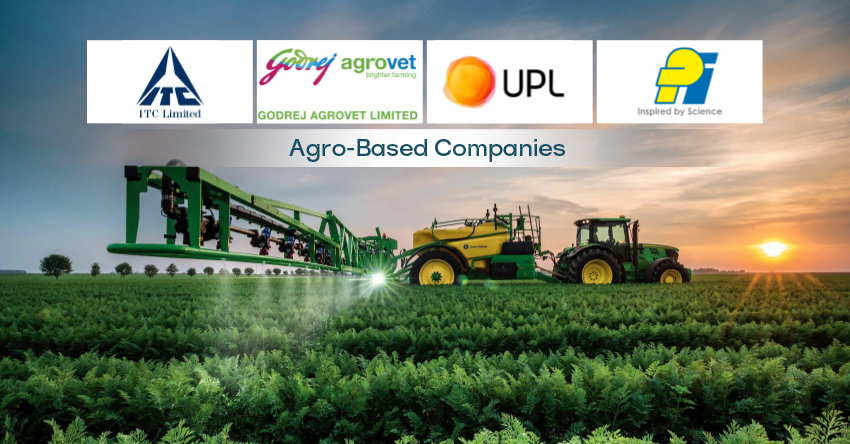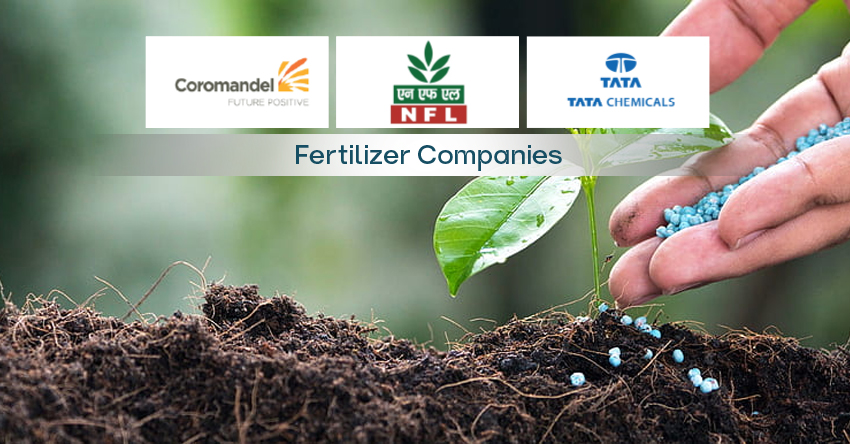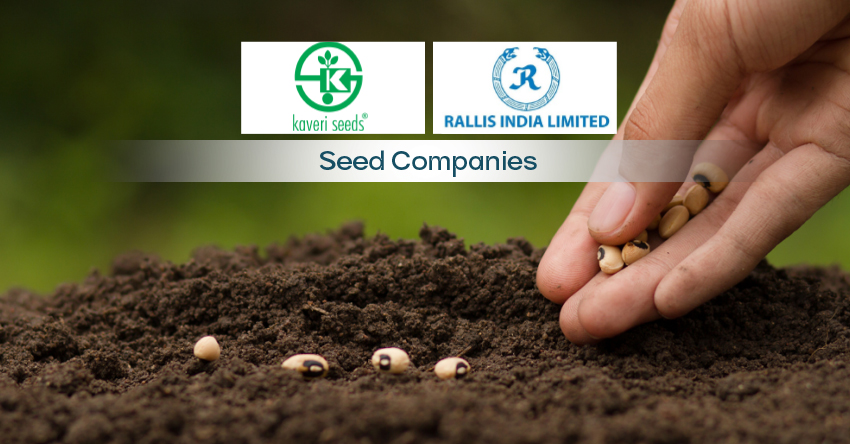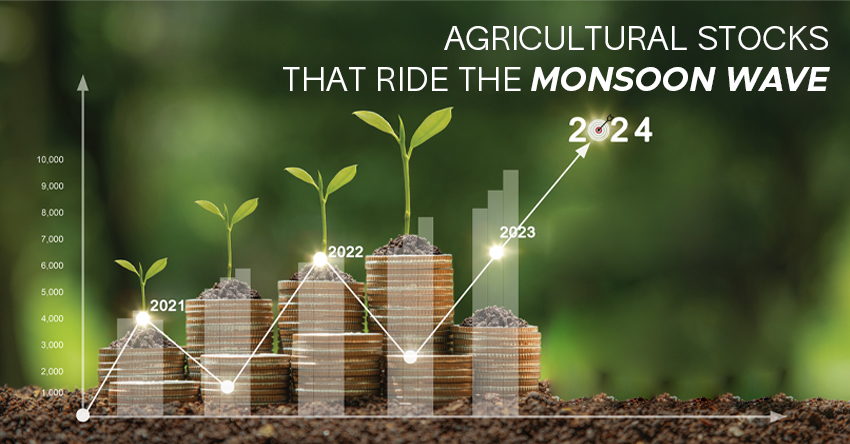The monsoon season in India is more than just a climatic phenomenon; it is a pivotal event that influences the country’s agricultural sector and, consequently, its financial markets. The arrival of the monsoon in India, which typically spans from June to September, plays a critical role in shaping the economic landscape, especially for agro-based companies, fertilizer companies, and seed companies.
Today, we will explore how the monsoon impacts these different stocks and highlight investment opportunities within this crucial sector.
Agro-Based Companies

Agro-based companies are at the heart of India’s agricultural sector, providing essential products and services that support farming activities. These companies include those involved in the production and distribution of agricultural commodities, food processing, and agri-business solutions.
- ITC Limited:
ITC’s agribusiness division is a major player in the agricultural market, sourcing commodities like wheat, rice, and pulses. A good monsoon ensures ample harvests, leading to increased procurement and processing activities, thereby boosting ITC’s agribusiness revenue.
2. Godrej Agrovet:
This diversified agribusiness company benefits significantly from a favorable monsoon. Good rainfall enhances crop yields, leading to higher demand for Godrej Agrovet’s crop protection products, animal feed, and dairy products.
3. UPL Limited:
UPL is one of the largest agrochemical companies in India, providing a wide range of products including pesticides, herbicides, and fungicides. A good monsoon leads to increased agricultural activity, driving up demand for UPL’s products as farmers seek to protect their crops from pests and diseases.
4. PI Industries:
PI Industries specializes in agri-inputs, including plant protection products and specialty fertilizers. Favorable monsoon conditions result in higher crop yields, prompting farmers to invest in PI Industries’ products to ensure healthy and abundant harvests.
Fertilizer Companies

Fertilizer companies are crucial for enhancing soil fertility and ensuring robust crop yields. The demand for fertilizers is closely tied to the agricultural season, which is heavily influenced by monsoon rains.
1.Coromandel International:
As one of India’s leading fertilizer companies, Coromandel International experiences increased demand for its products during a good monsoon. Adequate rainfall encourages farmers to invest in fertilizers to maximize their crop yields, driving up the company’s sales.
2.National Fertilizers Limited (NFL):
NFL’s performance is significantly impacted by monsoon conditions. A favorable monsoon leads to higher demand for urea and other fertilizers, boosting the company’s financial performance. Conversely, a weak monsoon can lead to reduced fertilizer consumption and lower revenues.
3.Tata Chemicals:
Tata Chemicals offers a range of fertilizers, including urea and complex fertilizers, which see increased demand during a good monsoon season. The company’s strong presence in the fertilizer market positions it well to benefit from favorable monsoon conditions.
Seed Companies

Seed companies provide the foundational inputs for agriculture. The quality and variety of seeds can make a substantial difference in crop productivity, making them a critical component of the agricultural value chain.
1.Kaveri Seed Company:
Kaveri Seed Company sees a surge in demand for its seeds during a good monsoon. Farmers are more likely to invest in high-quality seeds when they anticipate a bountiful harvest, positively impacting Kaveri’s sales.
2.Rallis India:
Rallis India offers a wide range of agricultural inputs, including seeds. The company’s seed division benefits from favorable monsoon conditions, as increased planting activity drives up seed sales.
The monsoon season is a critical factor that influences the performance of agricultural stocks in India. Agro-based companies, fertilizer companies, and seed companies are all significantly impacted by monsoon conditions. Understanding these dynamics and identifying investment opportunities within this sector can help investors know and understand the circumstances of the agricultural market and potentially reap substantial returns. As always, it is essential to conduct thorough research and consider various factors before making investment decisions.
